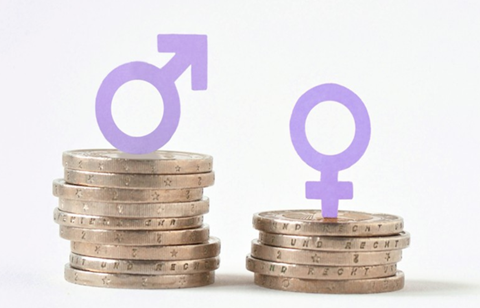
High-earning female employees believe they are likely to experience gender inequality in the workplace and unequal pay, according to research by law firm Stewarts.
Its survey of 2,000 working women in the UK found that 39% of women earning over £75,0000 per annum expressed greater concern about unequal pay compared to 18% of those earning less than £15,000.
The survey found that a lack of confidence and knowledge about how to take legal action is holding women back from challenging employers.
Of the higher earners, almost two-thirds (60%) said that they had never tried to negotiate their total compensation, including bonus, and nearly half (45%) said they had never tried to negotiate pay.
Over one third (38%) said the main reason for not negotiating was due to a lack of confidence in challenging an employer.
However, nearly half (49%) of respondents would consider raising a complaint to their employer if they did not receive equal pay for their work in comparison to their male counterparts.
Younger women were more likely to consider taking legal action: nearly half (48%) of 16 to 24-year-olds claimed that they would look into this, compared to 22% of those aged over 55s.
The higher earners, earning over £75,000, were also more likely to assert their legal rights with 46% claiming they would do so, compared to 29% of those earning between £45,000 and £55,000 per annum.
Joseph Lappin, head of employment at Stewarts, said: “Promoting women into senior roles is a key priority for businesses and there remains a lot of work for businesses to do in this regard. Our data shows that women in senior roles believe they are being paid less than their male counterparts. This is worrying. Employers will need to make sure that, unless a pay differential can be justified lawfully, they are not paying men in senior roles more than women performing the same work. If they do they may face equal pay claims.”
Charlie Thompson, partner, employment at Stewarts added: “It is sometimes easy to forget that employers do not want to be involved in discrimination disputes, meaning that the employee is often in a stronger position than they may think. An employee has the right to file a claim against their employer if they are not receiving equal pay for equivalent work compared to a colleague. Beyond safeguarding women from workplace discrimination, individuals undertaking a ‘protected act’ under the Equality Act 2010 gain additional protection against victimisation.”
















